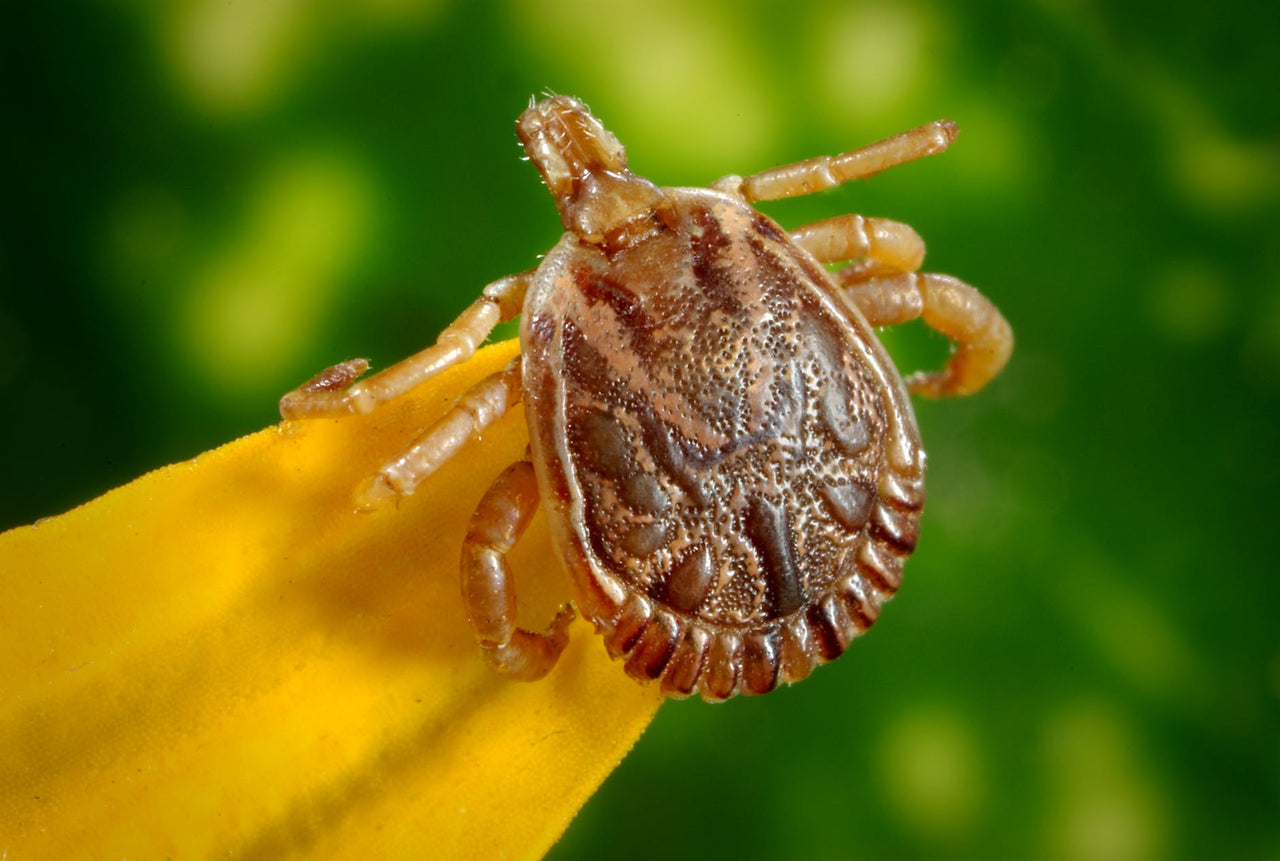
Tick Season is Getting Here Earlier and Spreading Wider than Ever Before
Erin Burt

Media has given more attention to ticks and tick season in the last few years and with good reason. Tick risk now covers over half the nation, with New England and mid-Atlantic hardest hit. The highest risk also comes as we are outside most--spring and summer. Aside from Lyme disease, a recent study suggests ticks may even be involved a meat allergy called Alpha-gal.
So what’s the scoop? According to the CDC, there are multiple tick diseases (Lyme, STARI, RMSF, tularemia, and ehrlichiosis) which are bacterial infections transmitted via bites from infected ticks.Lyme disease makes up more than 80 percent of the nearly 50,000 reported cases tick-related disease in 2016. Not all ticks carry disease.
Be on the lookout for symptoms. A rash often--but not always--forms between 3 and 30 days after the bite. Fever, headache, fatigue, and muscle aches are also common symptoms that a disease-ridden tick bitten. Symptoms can range from mild to severe, but most instances of vector-borne tick disease are treatable with antibiotics.
To prevent bites, wear long sleeves and tuck pants into socks if in the woods or tall grass. Ticks especially like grass, brush, and the woods but can also be found on your pets or in your backyard. Wear bug spray specifically designed to repel ticks, both on your body and on your clothes. Always check one’s entire body, especially the “bathing suit” areas for bites or ticks still attached. The ears, hairline, hair, and behind the knees are also common areas for ticks to take hold.
If you find a tick still attached, pull steady and straight up, as the CDC and (video) medical experts suggest. Clean the bite site and flush or suffocate the tick (do not smoosh). Continue to keep an eye on the bite site. Even take a photo, just in case you need to identify the bug later. If you are bitten while pregnant, tell your health care provider.
Last, remember that not all ticks are disease-ridden, and not all bites introduce disease into your system. Additionally, many of the diseases, though often difficult to diagnose, are not usually long-lasting or life-threatening, especially when treated. So cover up, spray on, and enjoy the great outdoors!
(Note: Don’t forget to be cautious and protect from other vector-borne diseases like West Nile, Dengue fever, and Zika which are also on the rise.)
Lynette is a mom of three children from ages 2 to 6. She has cloth diapered all three since birth and enjoys all things eco-friendly and mindful living.







